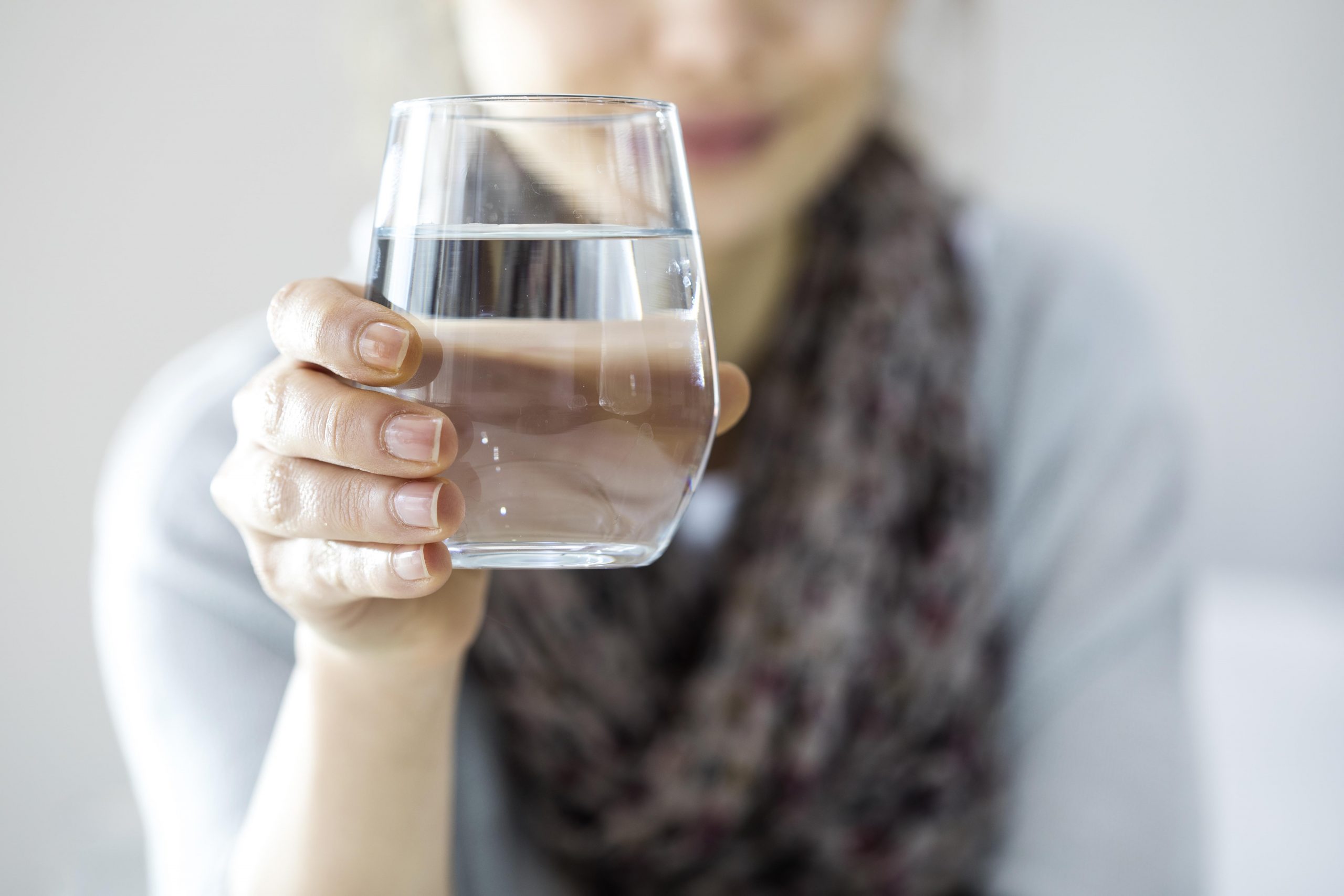The WHA explains how water dispensers can be used to lower your water use
Understanding the concept of a water footprint and how it applies to your business is an important tool in improving sustainability and meeting corporate social responsibility targets. It can also help to control costs, says the Water Dispenser and Hydration Association (WHA).
The concept of the water footprint was created to quantify water use based on consumption. This can be applied to individuals, families, cities, businesses, and indeed any process that requires water. This measurement can be made in a number of ways and includes not just water directly used by an individual but every drop of water used to support their way of life. For example, the water required to generate electricity in power stations makes up the majority of the water every person “uses” every day. Food production is also a huge consumer of water – for example, a kilogram of coffee beans takes 21,000 litres to grow, which works out to 140 litres for every cup. Meanwhile, the same amount of beef takes an astonishing 60,000 litres to produce.
However, it is the water we consume either through drinking or in our food which is most important. We need it to stay healthy, and staying well hydrated can improve alertness, short term memory as well as helping to maintain good physical health.
It’s so important, especially as providing access to drinking water is a legal obligation for many businesses and organisations.
Water dispensers offer an efficient solution, not just providing drinking water but also helping to manage and reduce an organisation’s water footprint.
Dispensers are designed for efficient water distribution. Users fill their cups or bottles with just the right amount of water they need, minimising waste and eliminating the need for offering bottled water in vending machines or canteens. This also helps to reduce single use plastic, along with the associated costs, both financial and environmental, of disposing of it.
Furthermore, many modern water dispensing systems can monitor and collect data about how they’re being used. This allows businesses to track patterns of water use, helping to understand when and where water is needed most.
By installing water dispensers, staff will be able to benefit from the many positive effects of good hydration, including improved wellbeing and increased productivity. Meanwhile businesses will benefit from the overall reduction in the aggregate water footprint afforded by the ability to precisely control how much is used.
“Being mindful of water use and finding ways to reduce waste are important ways of improving the environmental sustainability of a business,” says Phillipa Atkinson-Clow, general manager of the WHA. “Water dispensers are a simple way to offer drinking water where it’s needed, while also helping to reduce the overall water footprint.”
Sourcing water dispensers from WHA members is a simple way to guarantee top levels of quality and safety. The WHA provides guidance, training and standards for the industry by ensuring that all members supplying water dispensers undergo annual audits and regular industry specific training ensuring the quality and sustainability of the services they provide.
The WHA (Water Dispenser and Hydration Association) is the voice of the water dispenser and hydration industry. Its members are committed to offering the very best in terms of quality, trust and standards. For more information visit twha.co.uk

